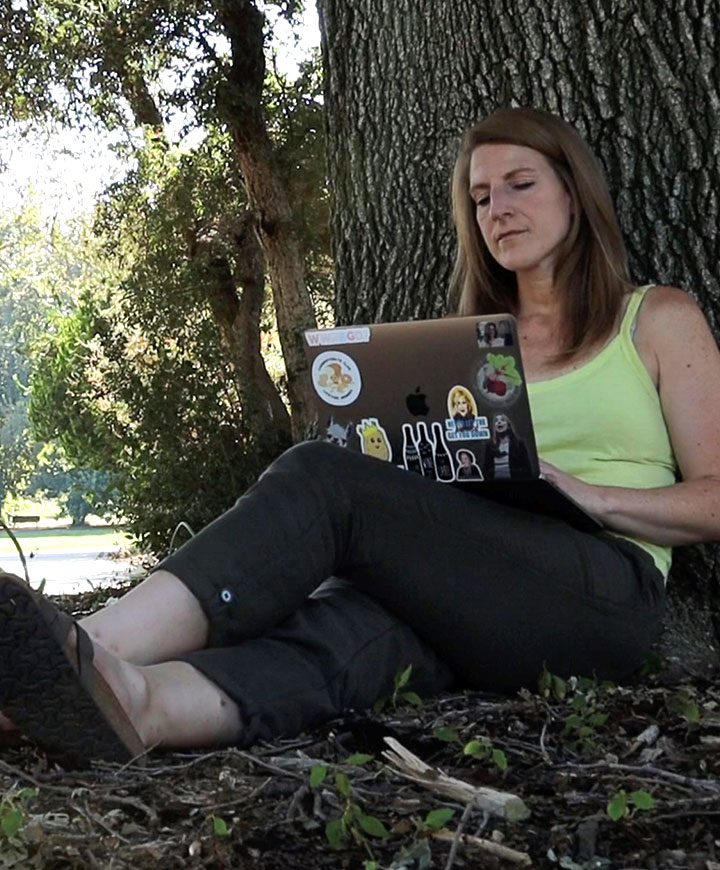Claire Bellis - South Korea (virtually)
Considerable publicity about South Korea (Korea) focuses on their involvement in canine consumption and the meat trade. Conversely, little is published regarding the recent increase in feline companionship in Korea. Historically, most Koreans opposed the idea of felines as companion animals and they were thus kept predominantly to catch rodents. My research this summer focused on learning more regarding the current attitudes towards stray felines, influences affecting the changes in attitudes, and how stray felines are perceived in Korean culture.
My original proposal involved surveys, observational analysis, geographical analysis, and interviews. With the continuation of COVID-19 restrictions, my mentor and I decided I should remain stateside. Therefore, the geographical analysis, which focused on taking geographical points of private feeder stations to compare with documented government-provided feeder stations, was dropped from the study. Fortunately, most of the study was continued with minor adjustments.
Once the IRB was deemed exempt, my project was started! Priority was to publish and distribute the survey, in Korean. The survey centered on collecting information regarding general demographics, location, pet-owning history, and general attitudes towards stray felines. With my team, I was able to publish my survey which has received about 11,000 responses. Statistical analysis of this data is currently in the works. The next step was working with my collaborators to set up zoom interviews with veterinarians, cat moms, and veterinary students. These groups were selected based on their professional experience (veterinarians), active involvement in stray feline management (all groups above), and role in petitioning the government to provide feeder stations (veterinary students).
While the interviews are still underway due to the delay in IRB response, I have interviewed individuals from each group and gained an incredible amount of knowledge and respect for the roles each person plays in stray feline management. In a recent interview with a veterinarian, I learned there are three routes used in the TNR management of strays. First, a veterinary clinic is chosen to receive government funding. Second, a veterinary organization, comprised of volunteers and veterinarians, hold TNR days a couple of times each year. During these times, volunteers trap stray cats and bring them to the designated location for neutering/spaying. These days are funded by society rather than the government. Unfortunately, COVID-19 has put a temporary halt to these. Finally, privately funded TNR allow individuals to bring stray cats for neutering/spaying, but at their own expense.
This research has greatly increased my knowledge regarding the role felines (strays and companions) have in Korean society. Through the interview process, I heard about the importance in providing quality of life to feline strays and how important this research is to those involved in stray cat management in Korea. Once the survey analysis is completed, I hope to answer the question: “Does a higher number of government-provided feeder stations correlate with a greater tolerance (less stray-specific social conflict) in the district?”
Our team of collaborators hopes to publish this research soon so others can either use it or build on it as a starting point for future feline research in Korea. It could be used to get the societal conversation going regarding stray felines or used to further assess the efficiency of current feline management practices employed in Korea. While the use of privately provided feeder stations has been around for over a decade, the establishment of government-provided feeder stations is still relatively new in Korea. We hope that this research can be useful in the development of future management strategies.
I did not travel to South Korea this summer, yet I was still able to connect with people from another culture to share experiences, both related to the project and not. This would not have been possible without the support of my research team—Dr. Lynette Hart, Dr. Sun Kim, Dr. Sejin Cheong, and Jenna Lee (an incredible undergraduate student who worked with me not only to schedule but to translate all the interviews). Additionally, I want to thank everyone in Global Programs for funding this research. I have gained a great appreciation for the struggles a society can face in the re-evaluation of a species’s role in society. My team and I are excited to analyze the results and hopefully publish this research in the future.



